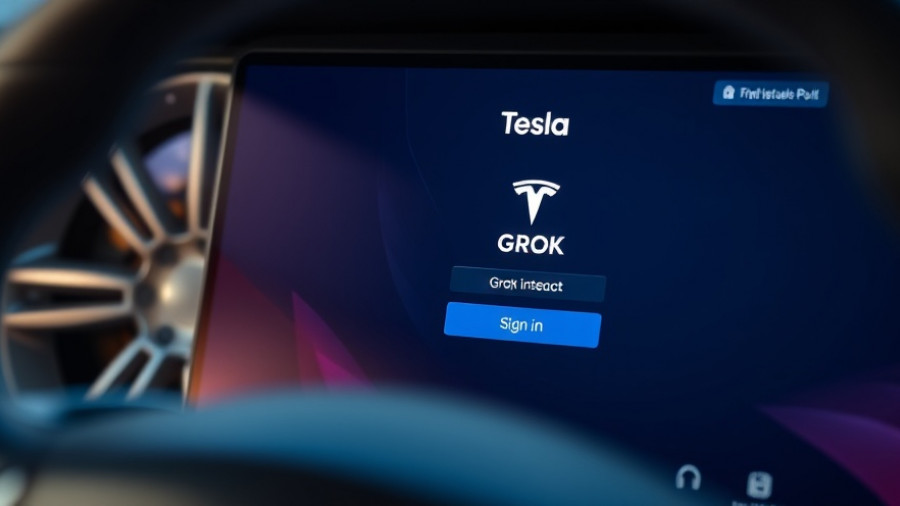
AI in Search: Who Provides the Most Accurate Answers?
In today's digital age, artificial intelligence has transformed the way we search for information. With a multitude of AI models competing to provide accurate answers, it raises the question: which AI gives the right answers? Recently, librarians and technology experts gathered valuable insights by putting different AI models to the test, including Grok 3 and Grok 4, among others. They noticed a crucial balance between speed, accuracy, and contextual understanding.
The Importance of Context in AI Responses
Background context is essential when evaluating AI responses. The tests emphasized that although models like Grok seem to provide quick answers, their lack of contextual understanding can lead to misinformation. Recent examples from OpenAI and Anthropic’s Claude show that responses can vary significantly—even on similar queries. This discrepancy underlines the importance of asking the right question rather than relying on any AI to finally provide a valuable answer.
Comparative Analysis: Grok 3 vs. Grok 4
When comparing Grok 3 and Grok 4, the latter showcased an advanced understanding of user intent and a wider knowledge database. It filters answers more effectively, acknowledging source credibility, helping users find reliable information rather than echoing popular misconceptions. This leap in capability is critical as it aligns with what users expect from AI-driven search engines.
Social and Ethical Implications in AI Responses
The ethical dimensions of AI responses should not be overlooked. Many searches often bring up sensitive topics, and an AI's interpretation can have significant implications. The librarians’ findings show the need for AI models to incorporate an understanding of societal values and ethics. Models that embody these aspects—like certain features in Claude—are more equipped to give sound responses.
The Future of AI Search Technologies
As we step deeper into the AI era, future advancements in search technologies will be centered on enhancing accountability and reliability. Companies such as Nvidia and Open AI are continuously working on algorithms that enable AI to better understand user context and improve accuracy. Predictions suggest that evolving AI models will be more capable of addressing user needs holistically, rather than simply providing speedy responses.
Taking Action: Users’ Role in AI Utilization
The findings put forth by librarians emphasize the responsibility that users have when engaging with AI technology. It's vital for users to critically evaluate AI responses and seek corroborating sources. Whether engaging with Grok 4, Claude, or any future AI model, promoting a habit of verifying information can mitigate risks associated with misinformation spread on digital platforms.
Conclusion
In conclusion, as artificial intelligence continues to advance, understanding the nuances between different systems becomes paramount. By staying informed about the capabilities and limitations of AIs like Grok 3 and Grok 4, users can navigate the complex landscape of AI-assisted search more effectively, ensuring they seek not just fast answers, but the right answers.
 Add Row
Add Row  Add
Add 




Write A Comment